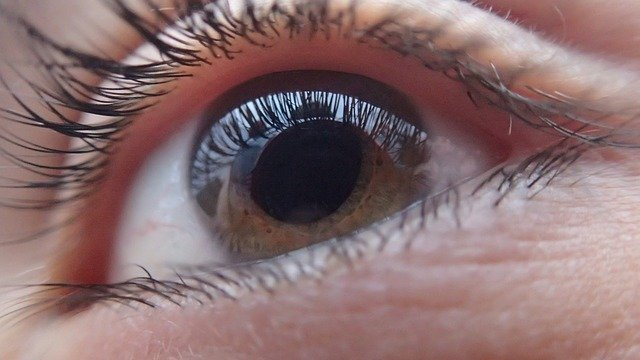A new study found that special patented glasses with advanced spectral notch filters enhance color vision for those with the most common types of red-green color vision deficiency.
Known as color blindness or anomalous trichromacy, the filters enabled the color blind people with the ability to identify and experience expanded color, compared to those color blinded without wearing the glasses.
At least eight in 100 men (8%) and one in 200 women (0.5%) suffer from red-green color blindness, totaling 13 million in the U.S. and 350 million worldwide. Those with normal color vision see more than one million hues and shades.
People with Color Vision Deficiency or CVD, see green-red colors as more muted and washed out, and some colors cause confusion or are more difficult to differentiate, especially at the traffic signals which use red and green.

In UC Davis alone, with nearly 40,000 students, the campus study has an estimated 1,700 students with red-green color vision deficiency. The UC Davis Eye Center study, conducted in collaboration with France's INSERM Stem Cell and Brain Research Institute, evaluated the impact of glass filters on enhancing the vision of red-green CVD over two weeks and they could see colors more vibrantly, clearly and distinctly.
Red-Gren Color Blindness
The study, published in Current Biology, was conducted on CVD participants who were asked to wear the special filter glasses or placebo glasses and re-tested on days 2, 4 and 11 but without wearing the glasses. Wearing the filter glasses helped them see red-green variation compared to those with red-green color blindness. It is unclear how long the improvement lasts without wearing the filters, said researchers but they are confident that the evidence shows that the effect persists for some time.
"Extended usage of these glasses boosts chromatic response in those with anomalous trichromacy (red-green color vision deficiency)," said John S. Werner of UC Davis Health. "We found that sustained use over two weeks not only led to increased chromatic contrast response, but, importantly, these improvements persisted when tested without the filters, thereby demonstrating an adaptive visual response."

However, this effect cannot be achieved with broad-band filters sold as aids to the color blind, he noted and suggested that modifications of photoreceptor signals activate a plastic post-receptoral substrate in the brain that could potentially be exploited for visual rehabilitation.









